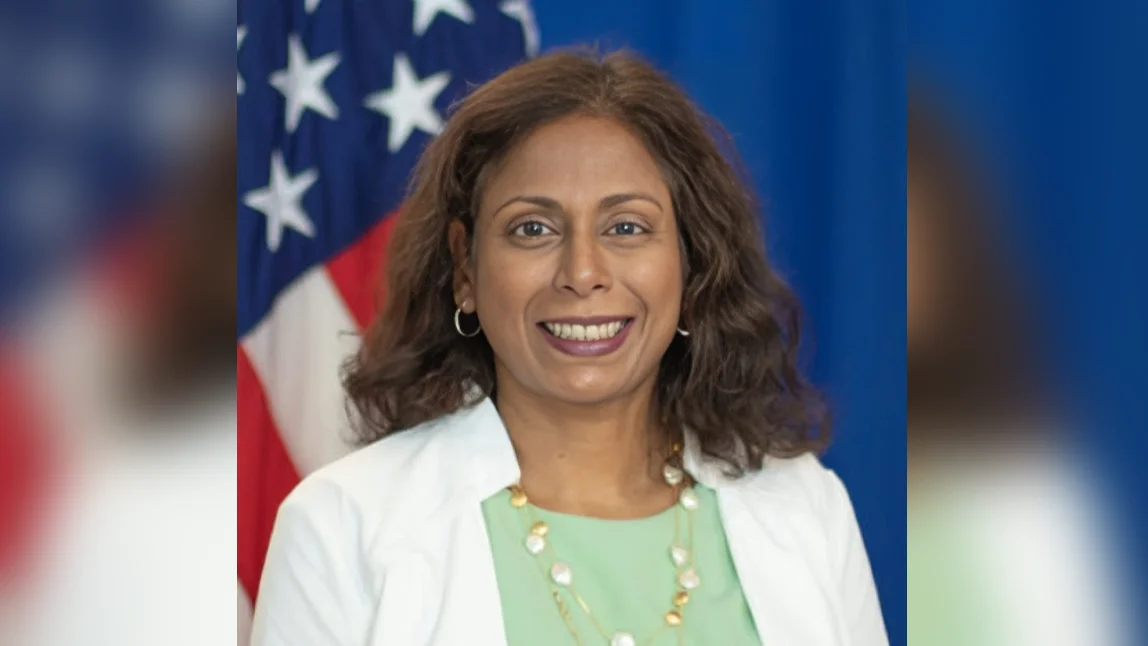The U.S. Embassy in Kosovo has reiterated its commitment to supporting the rights of Kosovan Serbs and ensuring their representation within the country. In an interview with a consortium of Kosovan Serb media, Chargé d’Affaires Anu Prattipati addressed concerns about the treatment of the Serb community by Kosovo's government and institutions.
"We are concerned about the rights of Kosovan Serbs. We continue to defend the Kosovan Serb community, and ensure their place in Kosovo," Prattipati said. She highlighted progress made over recent years, noting that "Kosovan Serbs work in the Kosovo Police and in the Kosovo Security Forces and in other institutions. At one time, a number of Kosovan Serbs were serving as prosecutors and judges; we look forward to the day they re-enter these institutions and encourage all parties to work to make this happen."
Prattipati acknowledged negative trends, stating, "We are concerned about actions by the caretaker government that have heightened tensions, particularly when it comes to treatment of the Kosovan Serb community." She emphasized that "Caretaker Prime Minister Kurti’s government is responsible for the safety and prosperity of all Kosovans, and Kosovo’s constitution and laws enshrine the representation of Kosovan Serbs in Kosovo’s institutions." The embassy will continue advocating for equal opportunities for Kosovan Serbs.
On ambassadorial appointments, Prattipati explained that "Ambassadorial appointments involve both presidential nomination and Senate confirmation, which can take time. The absence of an Ambassador does not mean a lack of U.S. engagement. The U.S. government is fully engaged and deeply involved in all aspects of our partnership with Kosovo, as evidenced by frequent high-level engagements both in Washington D.C. and here in Kosovo, including the recent visit by Senior Bureau Official Brendan Hanrahan."
Regarding integration plans for education and healthcare services affecting Kosovan Serbs, Prattipati stated: "Parallel Serbian-run institutions eventually need to be folded into the Kosovo system. However, how this is done is critically important... Any changes affecting the Kosovan Serb community should be done in consultation with the Kosovan Serb community." She stressed that such changes must include coordination with elected leaders, civil society groups, use established channels like EU-Facilitated Dialogue, and provide clear timelines.
Addressing concerns over possible population shifts if changes proceed without consensus, Prattipati said: "Kosovo can be a prosperous, peaceful country in which all communities flourish... It is the Government of Kosovo’s responsibility to address the concerns of the Kosovan Serb community. The U.S. Embassy will continue to engage with elected representatives and community leaders who work to ensure Kosovan Serb perspectives are included in every major policy discussion."
When asked about participation conditions for upcoming local elections across different regions of Kosovo, Prattipati responded: "All citizens of Kosovo should have the right to elect their chosen representatives. Kosovo’s institutions must ensure all political parties can participate equally in Kosovo’s upcoming elections in October... Participation ensures your role in shaping the future."

